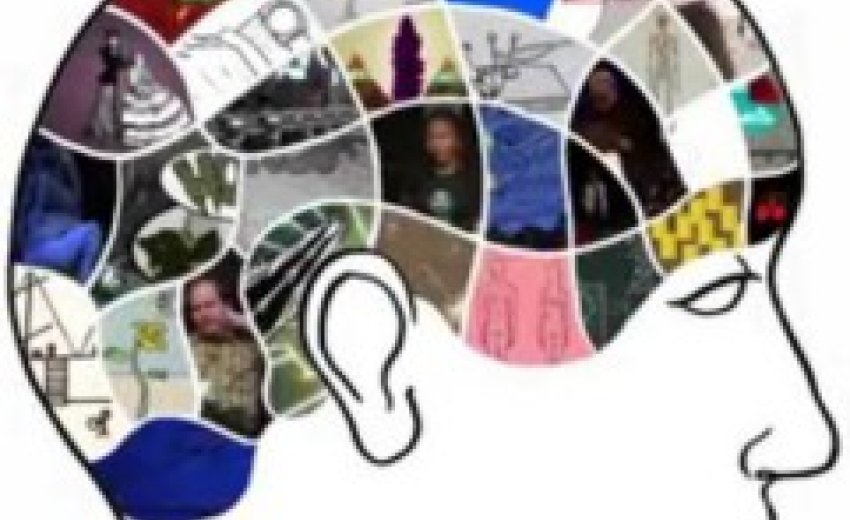The Benefits Of A Bilingual Brain
Being multi-lingual gives your brain some remarkable advantages. Some of these are even visible, such as: Higher density of the grey matter that contains most of your brain's neurons and synapses, and more activity in certain regions when engaging a second language. The heightened workout a bilingual brain receives throughout its life can also help delay the onset of diseases like Alzheimer's and dementia by as much as five years.
The idea of major cognitive benefits to bilingualism may seem intuitive now but it would have surprised earlier experts. Before the 1960's, bilingualism was considered a handicap that slowed a child's development by forcing them to spend too much energy distinguishing between languages, a view based largely on flawed studies. And while a more recent study did show that reaction times and errors increased for some bilingual students in cross-language tests, it also showed that the effort and attention needed to switch between languages triggered more activity in, and potentially strengthened, the dorsolateral prefrontal cortex. This is the part of the brain that play a large role in executive function, problem solving, switching between tasks, and focusing while filtering out irrelevant information.
So, while bilingualism may not necessarily make you smarter, it does make your brain more healthy, complex and actively engaged. And even if you didn't have the good fortune of learning a second language as a child, it's never too late to do yourself a favor and make the linguistic leap from, "Hello,"to "Hola" to "Bonjour" or "Ni hao," because when it comes to our brains, a little exercise can go a long way.

2015/07/30: It’s obvious that knowing more than one language can make certain things easier — like traveling or watching movies without subtitles. But are there other advantages to having a bilingual (or multilingual) brain?
Mia Nacamulli details the three types of bilingual brains and shows how knowing more than one language keeps your brain healthy, complex and actively engaged.
